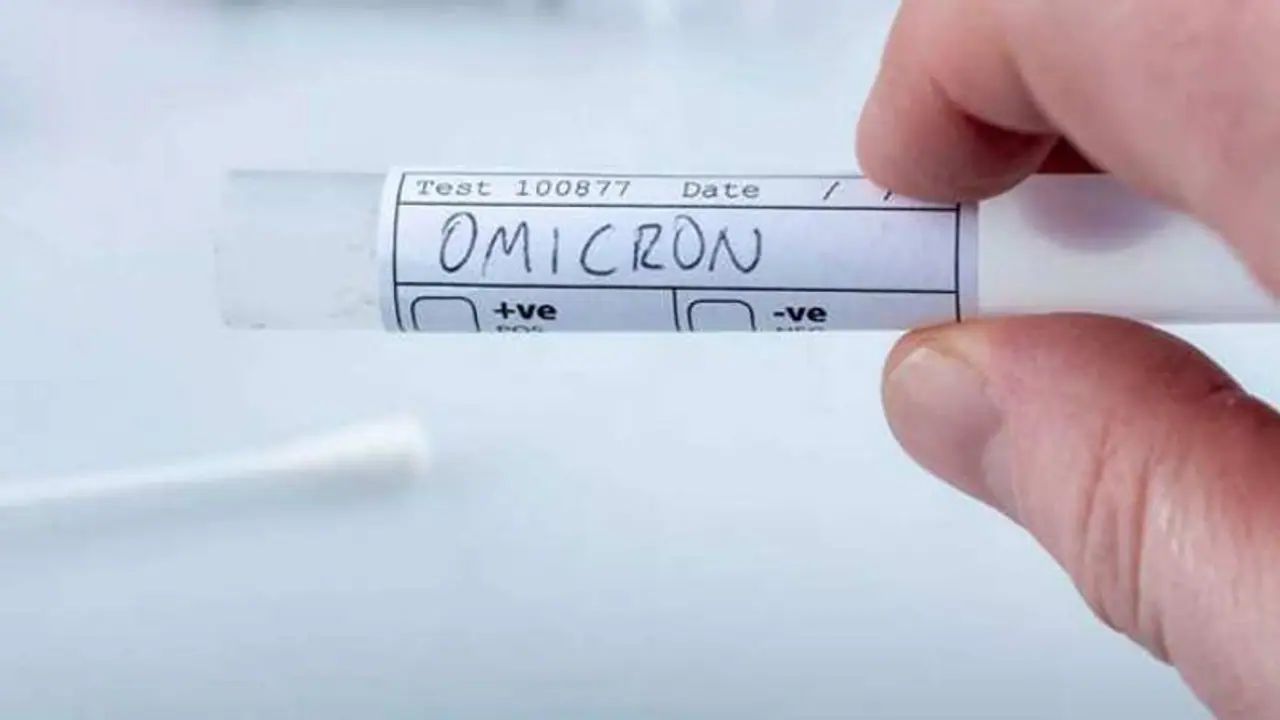South Africa was the first to disclose the Omicron variant to the WHO last week. Several nations and areas have confirmed cases of Omicron infection thus far.
Even though dozens of nations have already implemented various restrictions, the World Health Organization (WHO) has cautioned that blanket travel bans would not prevent the international spread of the Covid-19 Omicron form. Although the WHO has designated Omicron as a "variant of concern," the WHO stated on Tuesday that blanket travel restrictions will inflict a high burden on lives and livelihoods while also "disincentivizing nations to report and exchange epidemiological and sequencing data."

South Africa was the first to disclose the Omicron variant to the WHO last week. Several nations and areas have confirmed cases of Omicron infection thus far. According to the Xinhua news agency, dozens of nations have already tightened travel restrictions and even stopped flights.
On Tuesday, at a member states discussion on the Omicron variant, WHO Director-General Tedros Adhanom Ghebreyesus commended Botswana and South Africa for quickly finding and reporting this variant. It is profoundly concerning that these countries are being punished for doing the right thing by others, he added. He described certain member states' "broad, sweeping policies" as "neither evidence-based nor successful on their own." He asked governments to use "rational, appropriate risk-reduction measures consistent with international health rules."
Also Read | Explained: The Omicron Variant of Coronavirus
Meanwhile, the WHO recommends that persons who are ill or at risk of developing severe Covid-19 illness and dying, especially adults 60 years of age or older or those with comorbidities such as heart disease, cancer, or diabetes, postpone their trip plans.
The WHO called the freshly discovered Covid-19 B.1.1.529 strain 'Omicron,' after the fifteenth letter of the Greek alphabet. "Based on data given of a harmful shift in COVID-19 epidemiology... the WHO has identified B.1.1.529 as a variation of concern (VOC), called Omicron," the WHO stated in a statement. The United Nations' health agency has issued a warning that the variation contains a substantial number of alterations.
